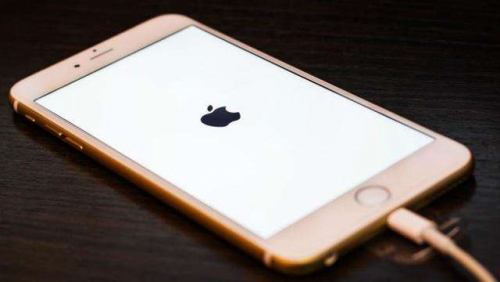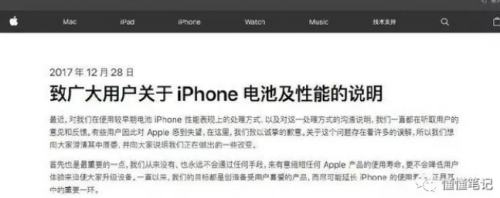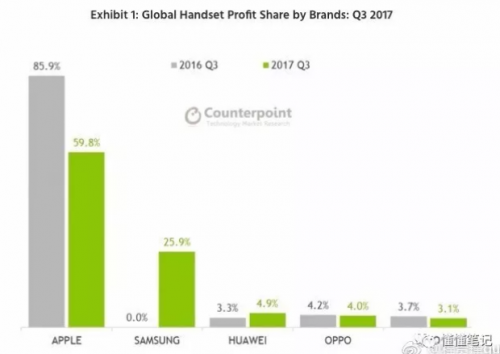
From a young age, we’ve been taught that mistakes are part of life. But the fear of making them often outweighs the courage to learn from them.
So why is Apple, often seen as the tech industry’s “science school,†repeatedly facing criticism for its missteps and not addressing them openly? The recent “speed-down†scandal has sparked lawsuits and public outrage around the world. Is this a case of love-hate dynamics, or is it a sign of Apple’s decline?
Apple’s response felt more like a battery promotion than a genuine apology.
It’s clear that Apple intentionally slowed down older iPhones. As the controversy escalated, over eight class-action lawsuits were filed in international markets, and even government agencies began questioning the company. In China, People’s Network criticized Apple’s “planned obsolescence†and demanded a public statement.
Facing mounting pressure, Apple finally responded. On December 29th, the company issued a statement claiming to apologize for the issue. It also announced that starting next year, out-of-warranty iPhone battery replacements would drop from $79 to $29 (from 608 yuan to 218 yuan in China). Additionally, new software updates will provide users with better insights into their device’s battery health.
Most media outlets reported Apple’s statement as an apology. But was it truly an admission of wrongdoing? Not really.

Calling Apple’s statement an official apology is misleading. In the release, the company said, “We know some of you feel let down. We’re sorry about that.†But the tone suggested that Apple believed the issue stemmed from misunderstandings, not from any actual fault on their part. Essentially, it was an “I’m right, you’re wrong†message.
Apple also denied claims of “planned obsolescence,†stating they never intended to shorten the lifespan of their products or force upgrades. While these statements may sound reassuring, they don’t address the real concerns of users: the deliberate performance throttling of older devices.
Although the price cut on battery replacements might seem like a gesture of goodwill, it doesn’t fully resolve the problem. Users are still concerned about the hidden performance restrictions, and Apple hasn’t offered a solution that addresses those fears directly. Some users have joked that Apple is “slapping you in the face and giving you a coupon for a new phone.â€
As one of the most valuable companies in the world, Apple’s arrogance seems almost inevitable. This isn’t the first time the company has faced scandals—there was the “shut-off door,†“oxidation door,†and “antenna door†before this. And while other companies might face backlash, only Apple can pull off such a “corporate apology†without much real consequence.
The fall of a “student†against the tide
Despite its dominance, Apple’s market position is under threat. According to Apple’s third-quarter financial report, smartphones remain the company’s largest revenue driver, with iPhones accounting for 54.8% of total revenue. However, the iPhone’s overall market share is shrinking, and its global influence is waning.
Earlier this year, Apple lowered its first-quarter sales forecast for 2018, cutting production by 40%. Analysts blamed poor performance of the iPhone 8 and iPhone X, which failed to meet expectations in both emerging and traditional markets.
According to reports, the iPhone X sold just 6.5 million units in China, far below projections. In the U.S. and Europe, sales were also disappointing. In the month following the iPhone X’s launch, iPhone 8 and X models accounted for 69% of total iPhone sales—a drop compared to previous years’ figures of 71%, 73%, and 91%.
Market research firm JL Warren CapitaC predicted that Apple’s mobile phone shipments could fall to 25 million units in Q1 2018, lower than the 30 million units in Q4 2017. They attributed this to high pricing and a lack of innovation driving weak demand.
While the iPhone’s sales are declining, its profit dominance is also slipping. According to Counterpoint Research, Apple’s share of smartphone profits fell to 59.8% in Q3 2017, down from 85.9% the previous year. Meanwhile, Samsung’s profit share rose to 25.9%, marking a significant turnaround from last year when it was losing money.

Chinese smartphone brands have also gained ground, with their combined profits surpassing $1.5 billion in the same quarter. This indicates that Apple and Samsung are no longer the sole powerhouses in the industry.
Tarun Pasak, an analyst at Counterpoint Research, noted that Chinese manufacturers have improved profitability through supply chain optimization and a growing presence in the premium segment.
Apple’s “style of apology†may eventually come back to haunt it.
For a company, having great products isn’t enough. User trust and transparency matter just as much. Water can carry a boat—or capsize it. Samsung’s recent struggles serve as a cautionary tale: when a company prioritizes explanations over solutions, it risks losing customer loyalty.
Many once-great companies have fallen due to internal issues. Nokia and HTC are prime examples. Now, Apple appears to be walking a similar path.
Once, iPhone users were proud of their seamless experience, often looking down on Android users. But with the Android ecosystem now highly competitive, many flagship Android devices match or even exceed the iPhone’s performance.
Meanwhile, Apple’s progress has seemed slower in recent years. After the iOS 11 update, complaints about performance issues increased. Despite this, Apple remains unapologetic and even pushes for more battery sales. This attitude may cost them dearly in the long run.
Hybrid Solar Inverter Parallel
hybrid solar inverter parallel,parallel solar inverter,solar inverter 6.2kw parallel,6kw solar inverter parallel,solar hybrid inverter parallel connection,solar inverter working in parallel
Shenzhen Jiesaiyuan Electricity Co., Ltd. , https://www.gootuenergy.com